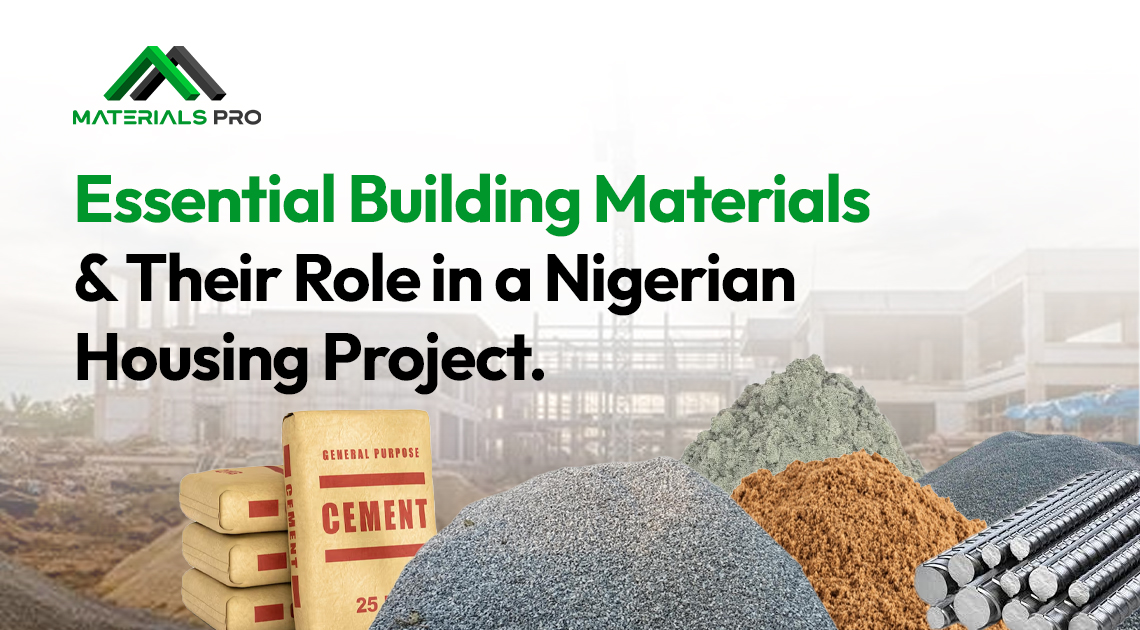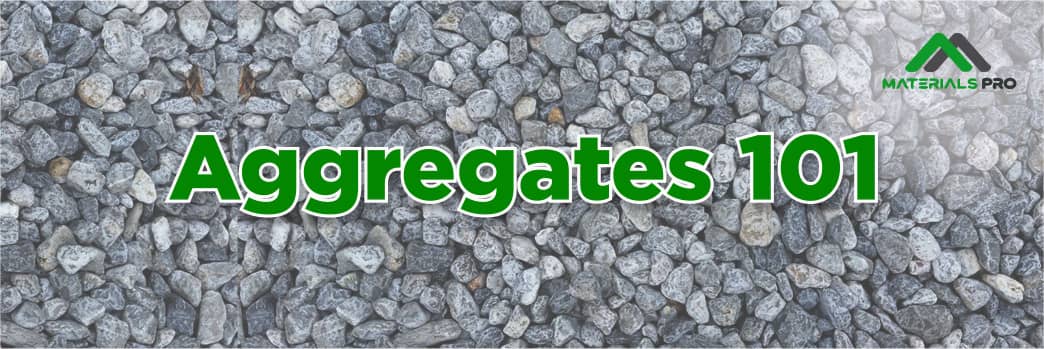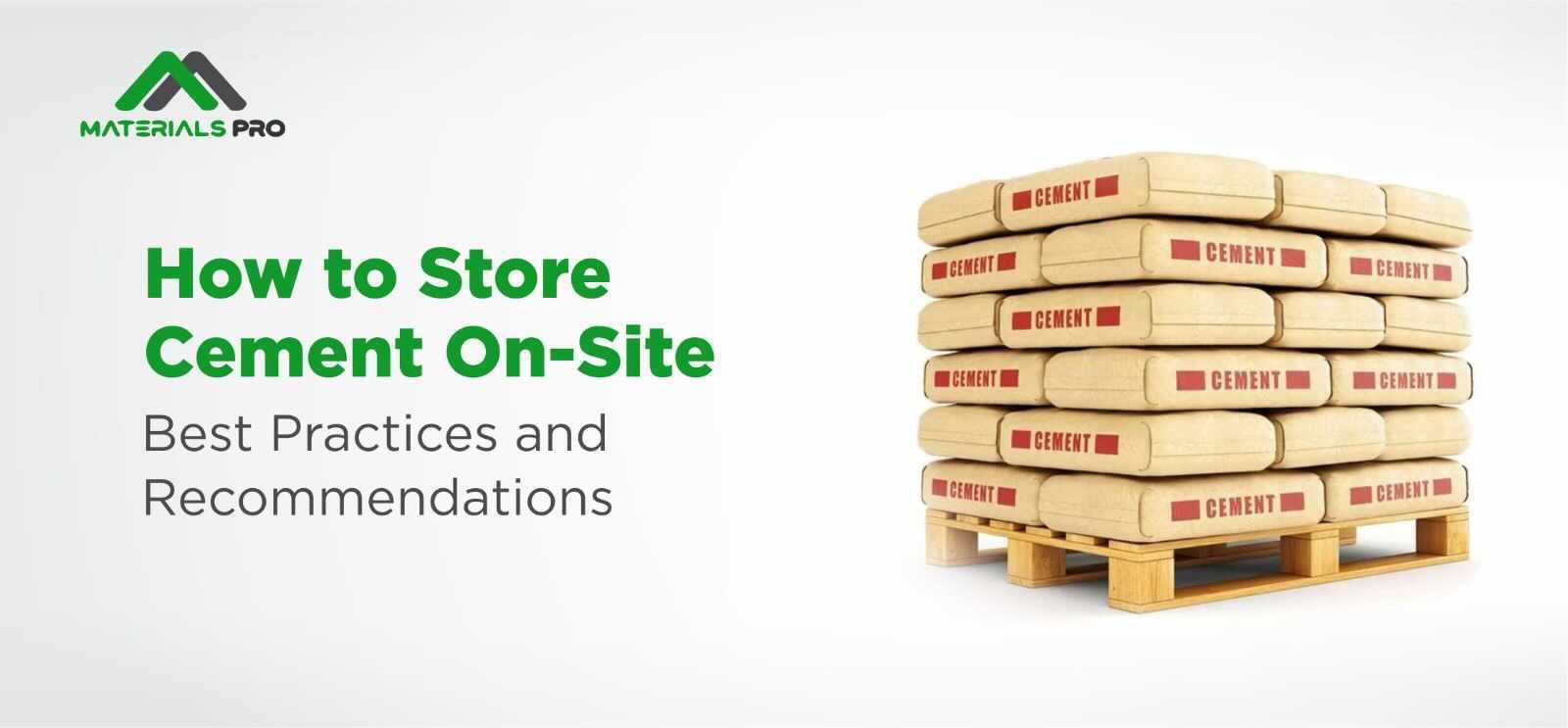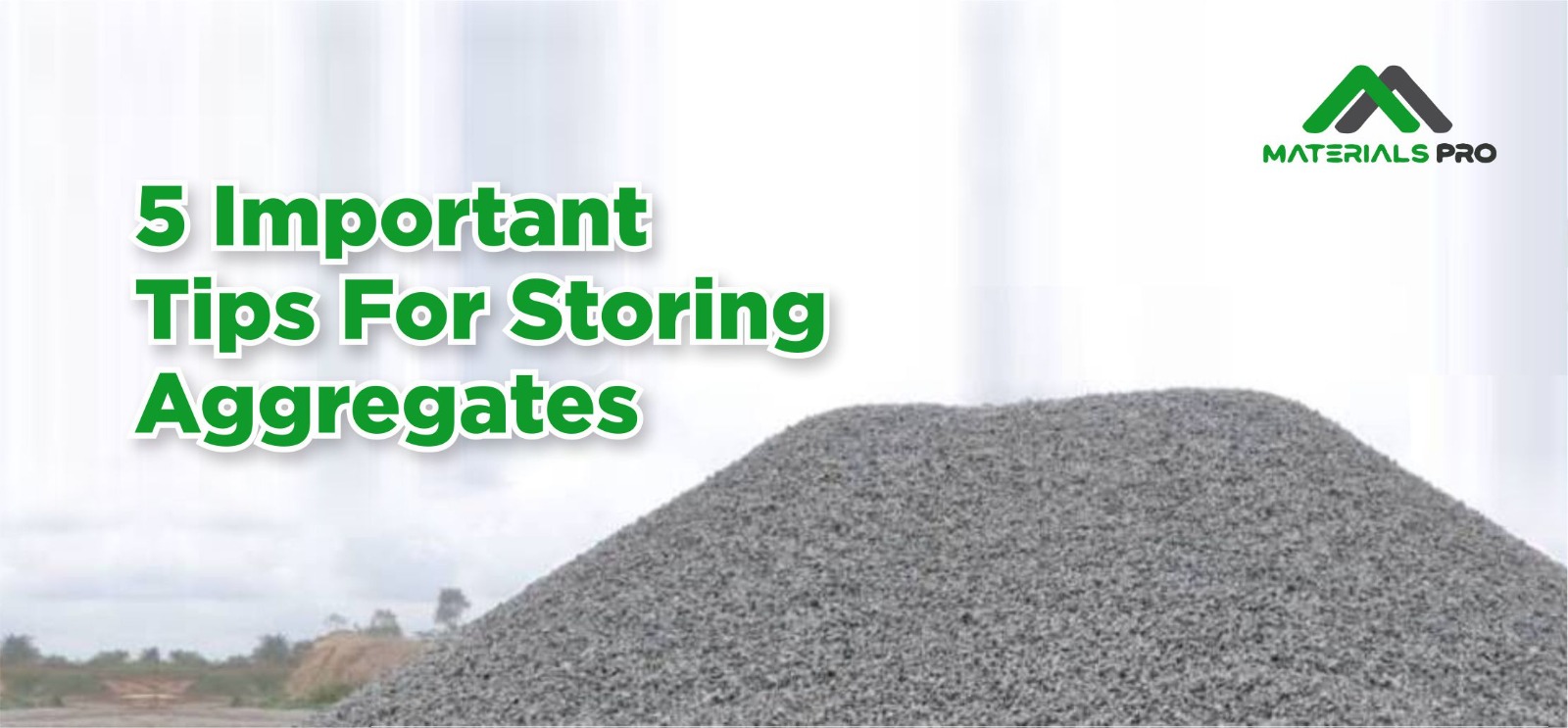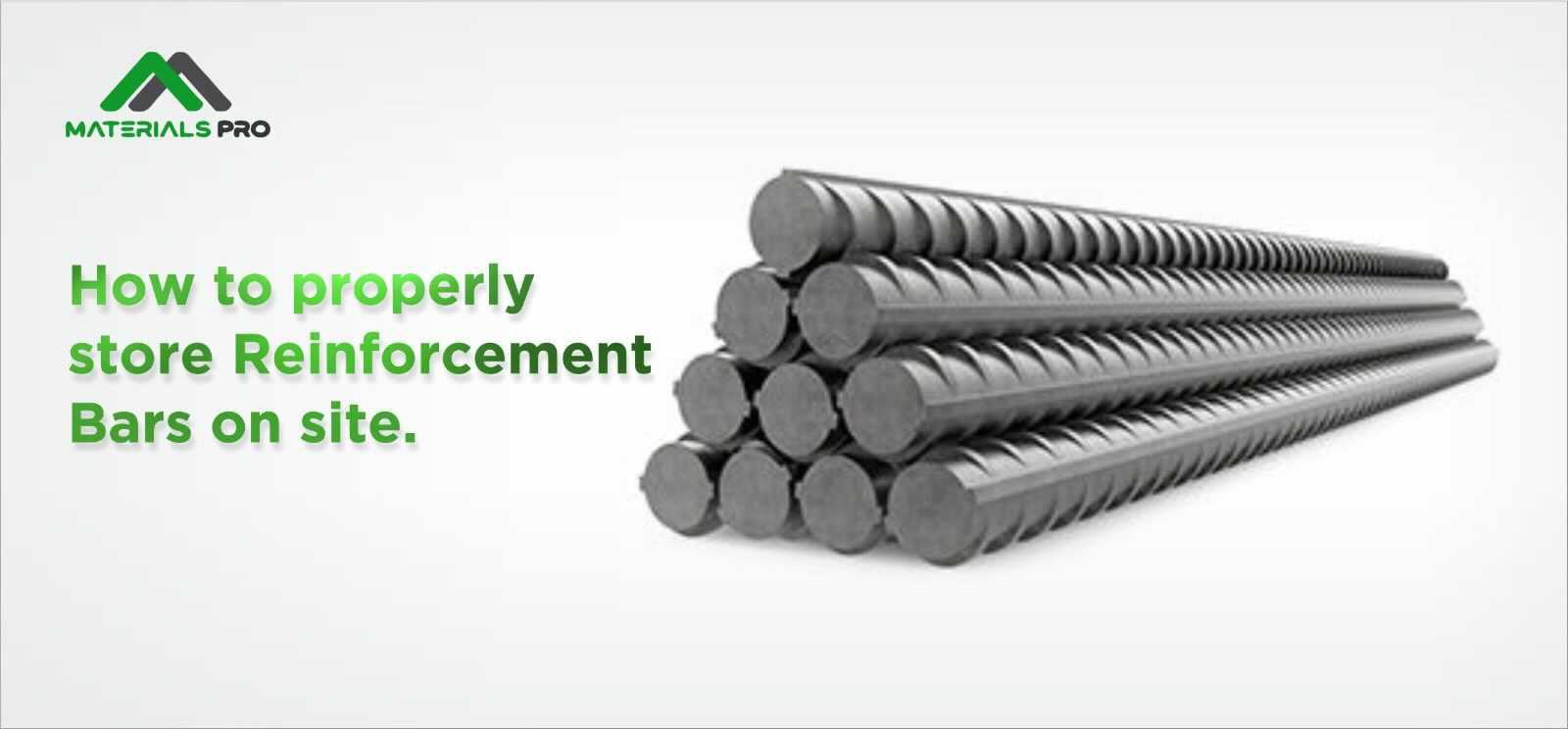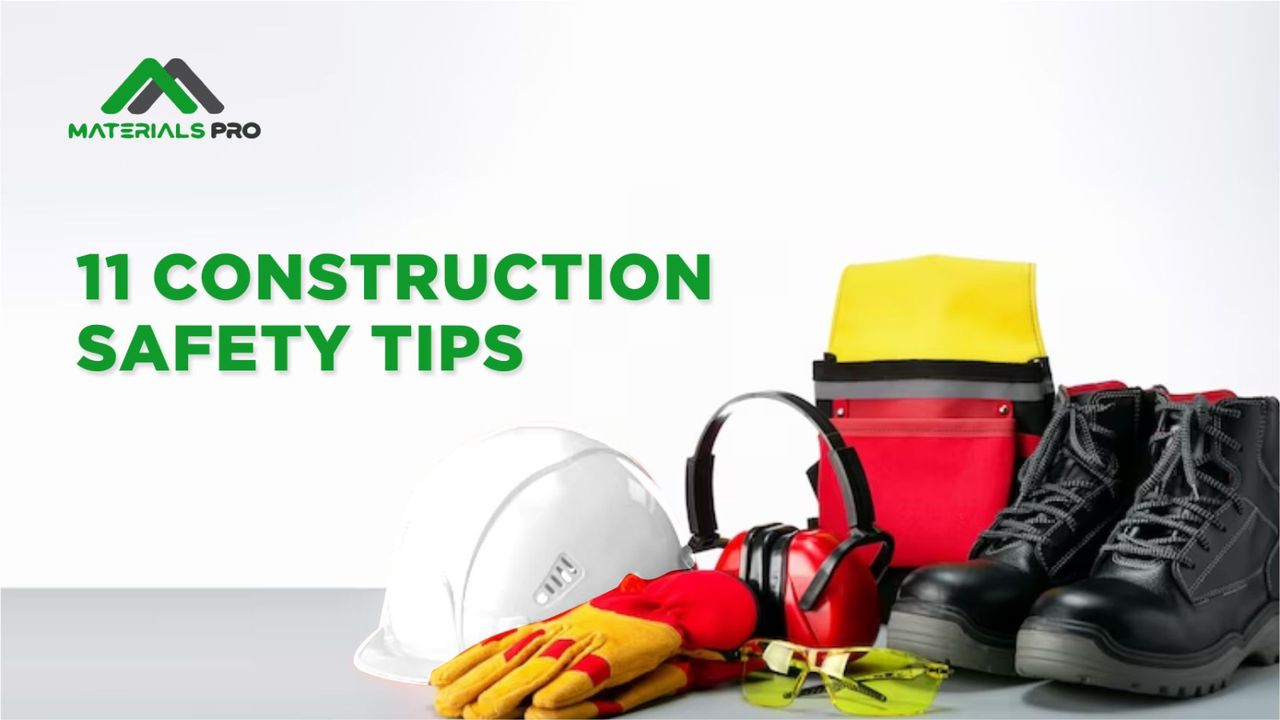Essential Building Materials & Their Role in a Nigerian Housing Project
MaterialsPro
Nov 02, 2025 - 8 minutes
When undertaking a housing construction in Nigeria, the choice, quality, and timing of materials can make or break your project.Below is a breakdown of commonly used materials such as granite, sand, cement, plaster sand, rebars, stone dust, marine board, electrical wires, paints, and concrete, plus when each is used, its importance, and why reliable suppliers matter. Then we close with how MaterialsPro can help you secure the right materials.
1. Granite (Coarse Aggregate)This is used during concrete casting for foundations, beams, columns, slabs, and sometimes floor screeds. Granite (or crushed rock) provides compressive strength and bulk in concrete. It acts as the coarse aggregate that resists compression and helps the concrete mix achieve structural capacity.
Notes / caution: You must choose the correct size (½”, ¾”, dust etc.) and ensure the granite is clean (no deleterious materials, clay, or organic content). Impurities reduce bond and strength.
Need Granite for your project - checkout our granite page or request a quote.
2. Sand (Sharp / Coarse & Plaster Sand)This is used in concrete and in mortar/plastering. Sand fills voids between coarse aggregate, enhances workability, and ensures smooth finishes when plastering. The right sand gives strength, proper curing, and good finishes.
Notes / caution: Use washed sand (to remove silt) and ensure gradation is consistent. Too much silt or clay will weaken mortar/concrete and make plaster crack.See our array of sand here
3. Cement This is used everywhere during the construction process - in concrete, mortar, plaster, blockwork etc. Cement acts as the binder that glues all aggregates together. It’s the backbone of structural integrity. Using substandard or expired cement leads to weak concrete or mortar, cracks, or failure.Notes / caution: Always check manufacture date, batch quality, and store bags in dry condition (off the ground, protected from moisture). Use “first in, first out” stock rotation. Major cement brands in Nigeria include Dangote, Lafarge, BUA, etcAlso read blog on how to store cement on site
4. Plaster Sand (Fine Aggregate for Finishes)This is used in final plastering (inside walls and ceilings) and sometimes for screeding.Plaster sand must be fine, uniform, and free from grit/clay so that plaster adheres well and finishes are smooth. A good plaster finish gives a refined surface for painting or other finishes.Notes: Too coarse or impure plaster sand leads to bubbling, cracks, and poor adhesion.Check out our plaster sand and request quote
5. Reinforcing Bars / Rebars (Steel)This is used in the structural phase (foundations, columns, beams, slabs).Concrete is strong in compression but weak in tension so rebars provide the tensile strength, ductility, and help the structure resist bending, shear, and loads.
Notes: Use certified steel of correct grade (e.g. TMT bars), check for bending, elasticity, and ensure proper cover (concrete cover) to prevent corrosion.Prices for steel rebar in Nigeria range widely; typical grades include 8mm, 12mm, 16mm, up to 32mm. Check our blog post on how to store rebars
6. Stone Dust (Fine Filler / Secondary Aggregate)This is used in concrete as a filler, in screeds, or leveling beds (especially under floor tiles). Stone dust (crushed fines) helps fill small voids, improve compactness, reduce void content, and can reduce cement consumption if properly used.Notes: The dust must be free of clay and sufficiently graded; otherwise, it could impair strength or cause shrinkage / cracking.
7. Marine Board (Plywood / Formwork Board)This is used during casting, formwork for beams, slabs, columns, walls. Marine boards (or waterproof plywood) used as shutters enable the concrete to be held in place until it sets. Good formwork ensures surface finish, correct shape/dimensions, and safety during casting.
Notes: Use boards of good quality, with a waterproof core to resist swelling. Boards should be reused multiple times to reduce cost.
8. Electrical Wires (Cabling & Wiring)This is used during the mechanical & electrical phase, before plastering or finishing. Wires transmit power safely and reliably across the building. Using proper gauge, insulation, conduit routing, and quality wire avoids failures, fire risk, voltage drops, and compliance issues.
Notes: Always use wires approved by Nigerian standards (e.g. PVC-insulated copper wires), check insulation quality, size them based on load, and avoid using substandard knock‑offs.
9. Paints & FinishesThis is used in the finishing phase (after plastering, window/door installation, and surface prep). Paint protects surfaces (against moisture, UV, weathering) and enhances aesthetics. Good paint and application increase the life span of walls, reduce maintenance, and improve comfort.
Notes: Prepare surfaces (clean, prime, repair cracks) before painting. Use quality brands and follow recommended coats and drying times.
10. Roofing SheetsThis is used during the roofing phase, after the structural framework (trusses or decking) is complete and before ceiling installation or interior finishing begins. They serve as the protective barrier between the building and the external environment, shielding it from rain, sun, wind, and temperature fluctuations and the thickness typically ranges from 0.45mm to 0.55mm, with thicker gauges offering more durability . Common types of roofing sheets include: Aluminium sheets, Stone-coated roofing tiles, Galvanized (corrugated iron) sheets, Long-span sheets.
Why Reliable Suppliers Matter & How They Affect Your
Project
- Quality assurance & consistency
- Suppliers that deliver substandard materials (e.g. impure sand, inferior granite, low-grade steel) will compromise strength, durability, and safety.
- Timely delivery & schedule adherenceIn construction, delays in material supply cause work stoppage, idle labor, and cascading cost overruns.
- Cost control & trustReliable suppliers give transparent pricing, avoid sudden price hikes, and reduce wastage.
- Traceability & complianceFor certification or regulatory compliance, you must be able to trace material origin, standards compliance (e.g. Nigeria Standard Organisation, regulatory bodies).
- Reduced wastage & rejectsGood suppliers deliver right quantities, often pre-screened materials, reducing sorting and rejection on site.
How MaterialsPro Can Help You Succeed
Towards your goal of delivering quality housing, a partner like MaterialsPro can:
- Aggregate multiple suppliers so you don’t have to juggle multiple market and suppliers
- Provide bundled supply & logistics so your site gets deliveries on time
- Streamline your procurement and coordinate your invoices so you have to deal with multiple invoices.
- Lock in invoices so you can continue to build with budget and predictability
- Offer transparent pricing so you get fair deals always
By centralizing procurement and quality oversight, MaterialsPro ensures that each material (granite, sand, cement, rebar, marine board, wires, paints, etc.) arrives in the right condition, quantity, and time, reducing risk, cost overruns, and construction defects.



